Test Amit sep
e-Learning opportunities: bridging the offline and online education
Some of the digital learning platforms organized by the Indian government are discussed in this article:
Swayamprabha, Gyandhara, Swayam, e-GyanKosh, Gyandarshan, IIT Pal, IGNOU e-content, NDL, e-Shodh Sindhu, Shodhganga, e-PG Pathshala, e-Pathshala, CEC (Consortium for Educational Communication), NROER, DIKSHA, UMANG.
The Covid-19 outbreak has significantly disturbed almost all sectors globally and still affects day-to-day human life in unprecedented ways. The educational sector is one of the highly affected domains. Most educational institutions across the globe had to go online because of the imposed lockdown to curb the deadly virus. To handle the situation, the Indian government introduced digital learning platforms to help educators and students to employ time productively while maintaining social distancing. Examples of some of the digital learning platforms organized by the ministry are discussed below:[1]
- Swayamprabha: It is a set of 32 DTH channels devoted to telecasting quality educational programs using the GSAT-15 satellite on a 24X7 basis. These channels cover various levels of education encompassing school education, Higher Education, and vocational and professional education in multiple disciplines, including arts, science, social sciences, and humanities. In addition, IGNOU also offers digital learning resources through its online platforms like Gyanvani, Gyandhara, Gyandarshan, e-Gyankosh, IGNOU e-content app, etc.
- Gyandhara: It provides an internet radio counseling service where students can listen to live discussions by teachers and experts on the day's topic and interact with them over the phone, email, or chat.
- Swayam (short for Study Webs of Active Learning for Young Aspiring Minds): Swayam is a Huge open online course platform hosting 1900 courses encompassing high school and higher education study material in various disciplines. Academicians from different institutions throughout the country are involved in developing and delivering these courses. However, candidates who want a certificate after completing the course must register for the final proctored exams for a nominal fee. Along with Self Learning Material, the portal provides video lectures and a facility for self-assessment. The queries of the students are resolved through the discussion forum. Nine national coordinators were appointed to manage the courses in Swayam. The involved organizations are AICTE (All India Council for Technical Education ), NPTEL (National Program on Technology Enhanced Learning), UGC (University Grants Commission), NCERT (National Council of Educational Research and Training), CEC (Consortium for Educational Communication), NIOS (National Institute of Open Schooling ), IGNOU (Indira Gandhi National Open University), IIMB (Indian Institute of Management Bangalore), NITTTR (National Institute of Technical Teachers Training and Research), Faculty Development Programs (FDP) and Annual Refresher Program in Teaching (ARPIT).
- e-GyanKosh: e-GyanKosh is a National Digital Repository where students can find all the digital learning resources developed by the country's Open and Distance Learning Institutions.
- Gyandarshan: Gyandarshan is a 24-hour television channel that airs educational and developmental topics. This channel beams programs produced by IGNOU, CEC, CIET, NITTTRs, IITs, Vigyan Prasar, etc.
- IIT Pal: IIT Pal portal provides coaching online for contenders for the IIT entrance examination on chemistry, physics, mathematics, and biology subjects through the official website of the National Testing Agency.
- IGNOU e-content: IGNOU e-content app has digitalized study material for all courses which IGNOU offers.
- NDL (short for National Digital Library): This is a digital repository that contains textbooks, articles, videos, audiobooks, fiction, lectures, simulations, and all other kinds of learning media. The NDL provides free-of-cost access to many books in English and Indian languages.
- e-Shodh Sindhu: e-Shodh Sindu is the Consortium for Higher Education e-Resources that delivers access to quality digital resources, including full-text books, and bibliographic and factual databases, to academic institutions at a low subscription rate. This platform offers current and archival access to more than 15,000 core and peer-reviewed journals and several bibliographic, citation, and factual databases in different disciplines from many publishers and aggregators to its member institutions.
- Shodhganga: It is a national digital repository of Indian electronic theses and dissertations set up by the Inflibnet Centre. The portal provides a platform for research students to deposit their Ph.D. theses and is available to the entire scholarly community in open access. The online platform encompasses 269778 theses and 7500 synopses.
- e-PG Pathshala: e-PGPathshala is another online platform that provides curriculum-based, interactive e-content in about 71 subjects across all social sciences, humanities, natural and mathematical sciences, linguistics, and languages. The e-PGPathshala also encompasses access to e-Adhyayan, UGC MOOC tests, and e-Pathya. e-Adhyayan offers more than 700 postgraduate course books to interested students. UGC MOOCs provide a course on postgraduate subjects in Swayam and e-Pathya, a software-driven online course for candidates pursuing higher education in distance and campus learning mode.
- e-Pathshala: e-Pathshala is a portal jointly initiated by the Ministry of Human Resource Development and the National Council of Educational Research & Training to support educational resources for teachers, students, parents, researchers, and educators. The candidates can access scholarly e-resources, including textbooks, audio, video, periodicals, and other print and nonprint materials through mobile phones or other devices.
- CEC (Consortium for Educational Communication): CEC coordinates the creation of e-content for 87 non-engineering undergraduate courses, including producing over 26,000 plus modules. The CEC-UGC YouTube channel provides entry to vast educational curriculum-based lectures free of cost.
- NROER (National Repository of Open Educational Resources): It's a collaborative online platform initiated by the Department of School Education and Literacy and the Ministry of Human Resource Development. It provides digital educational resources in multiple languages for all school subjects and grades. The Repository organizes its collections into an ever-growing semantic map of concepts. Candidates can access the resources through video, audio, documents, interactive objects, and image libraries available on the homepage. This portal has a total of 14527 files, including 401 collections, 2779 documents, 1345 interactive, 1664 audios, 2586 images, and 6153 videos in different languages.
- DIKSHA: DIKSHA (Digital Infrastructure for Knowledge Sharing): Diksha is a National Digital Infrastructure for Teachers to provide e-learning resources in the education domain. However, this initiative intends to help teachers and students continue their studies as usual through different modes. Moreover, this platform offers teachers and students to engage in learning material relevant to the prescribed school curriculum.
- UMANG: UMANG mobile app (Unified Mobile Application for New-age Governance): The app provides a single platform for all Indian citizens to access e-Gov services ranging from Central to local government bodies and other citizen-centric services. In addition to the significant e-Gov services, the UMANG app offers access to e-pathshala, where students can find books and study material for NCERT. The online environment provides unprecedented opportunities for the students to continue learning through various formats and modalities. It also allows them to access a wider world of resources and study materials beyond textbooks and spend their time productively during the lockdown period. [2]
References
How would you rate this Article ?
Press the number of stars to rate this Magazine.
4.8 Author Points.
Based on 13 Magazines written by this author.
No Magazine Ratings yet
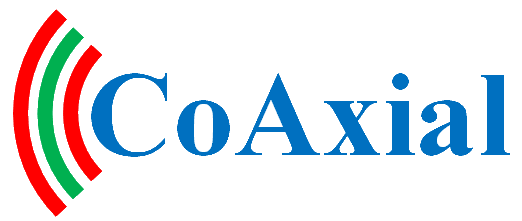




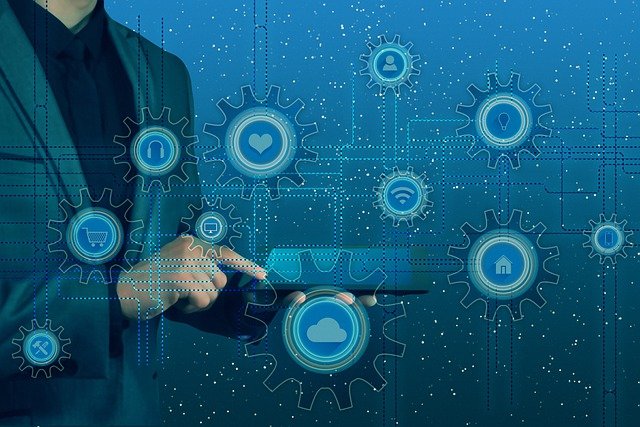
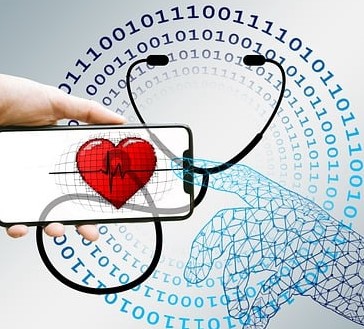


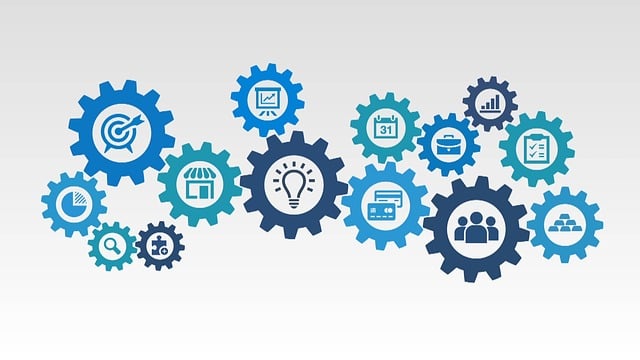

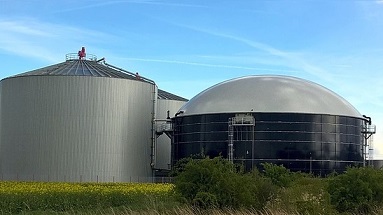

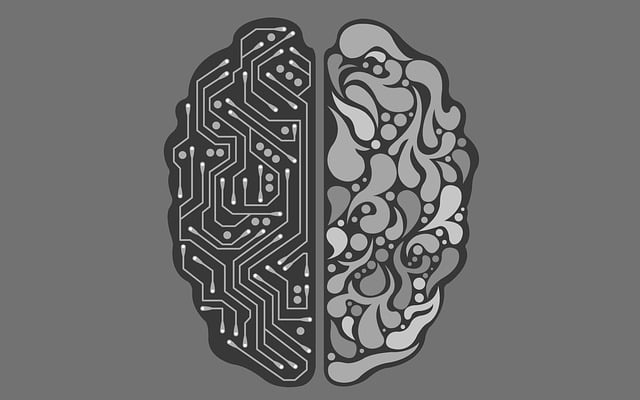
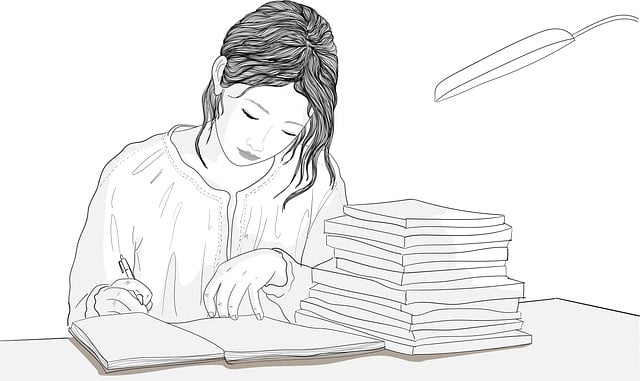
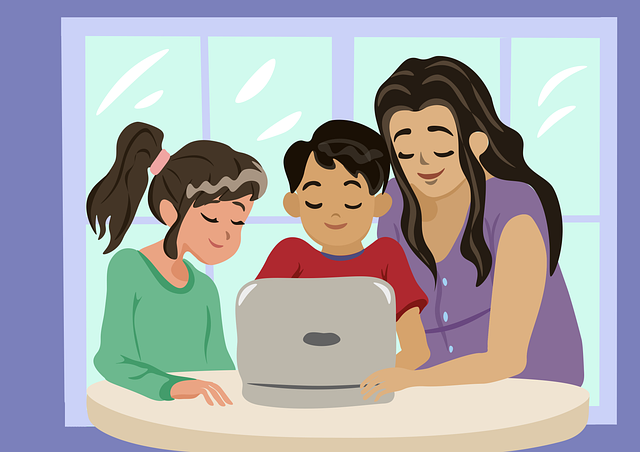

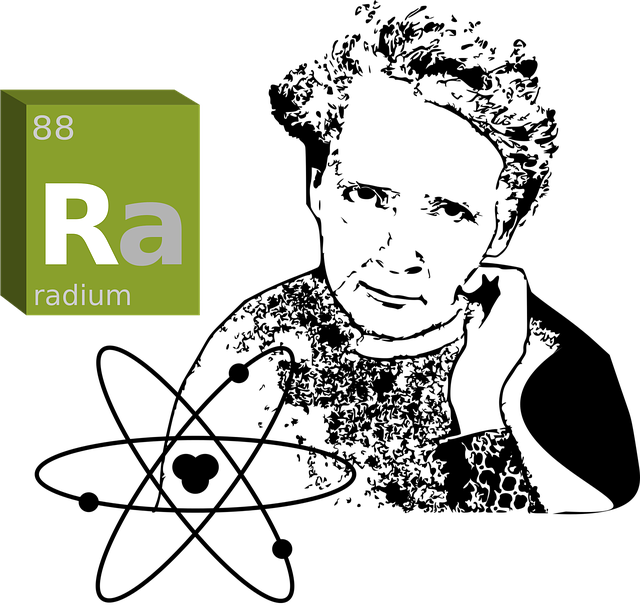

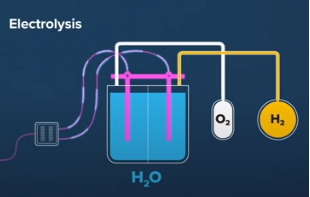



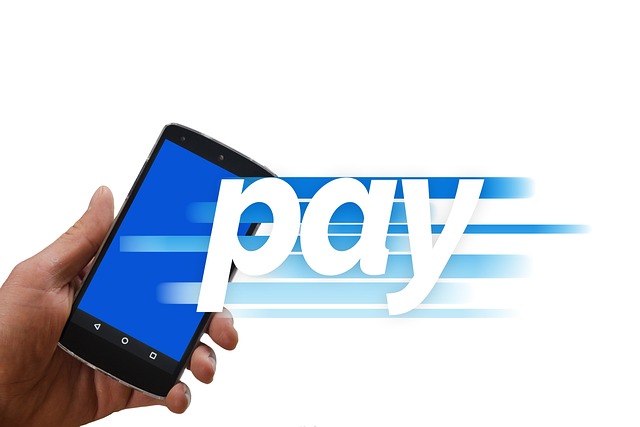
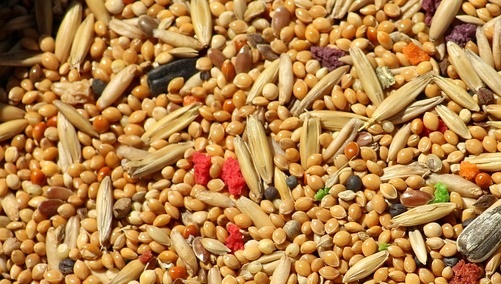
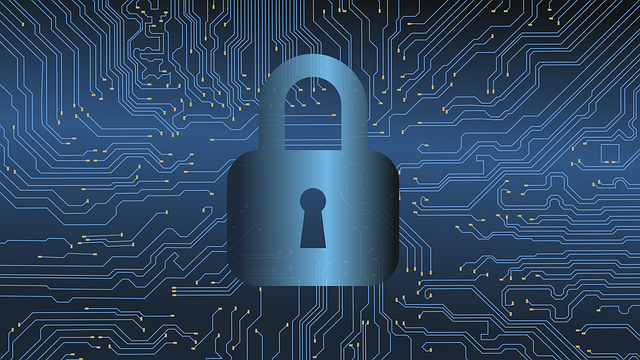
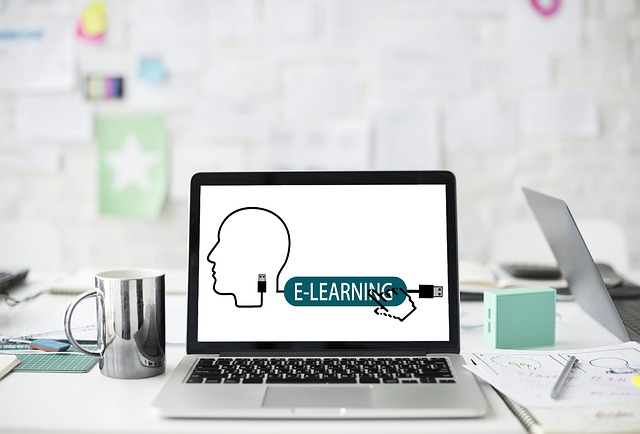



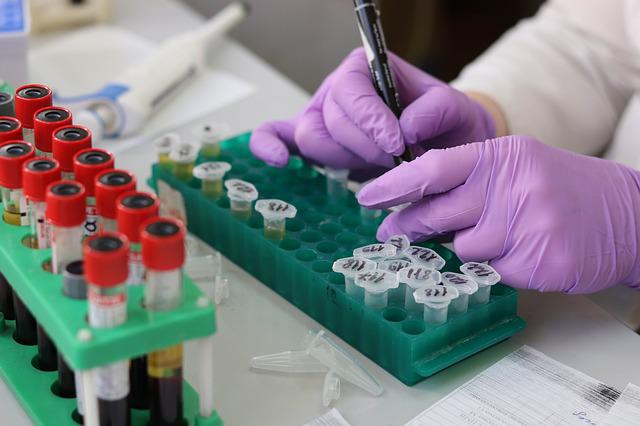
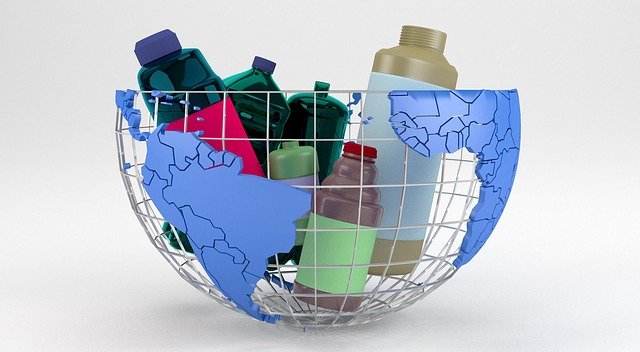

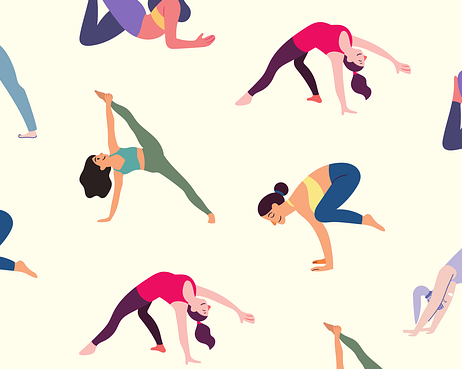


Please Sign In or Sign Up to leave a Comment.